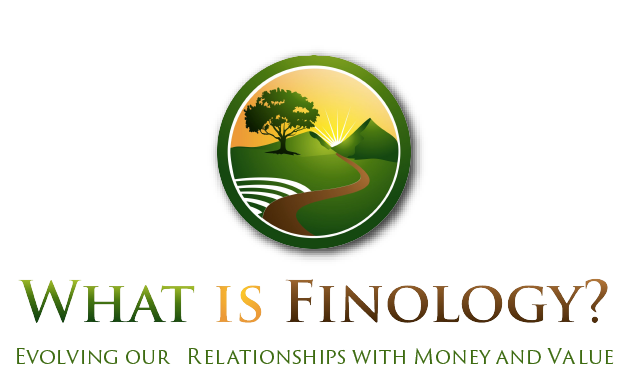Yes, I’m starting this Finology in Our Lives series with a fair amount of complex philosophy – but stay with me! These ideas are fundamental to Finology & our work at What is Finology?, and they might expand your understanding of money in our lives.
Don’t worry, I’ll bring it back.
Up next is an analysis of a classic Friends scene that demonstrates how we all have our own relationship with money and plainly highlights Finology’s important role in our modern lives.
First, a little background on Finology.
The Philosophies of Finology
It’s important to point out that Finology is about more than understanding Prospects and Clients (though that’s a great thing to do!). It’s about understanding the Human aspects of money on every level.
Money touches every nuance of our modern lives, and doing well with it is imperative for doing well. This Human piece is understudied and under-understood, especially considering that all money decisions come from deeply personal places, and these are what shape and direct money as a force and its impacts upon us and Earth.
In an unnamed form, Finology has been around as long as people have been consciously engaging in the value of experiences, sharing, and making choices about Value in our lives.
Money, I’m thinking, is a human construct within these primal pieces of Humanity. One that provides a place for our beautifully abstract minds to apply immaterial principles to our relationships with Value and our ongoing life needs of Giving and Receiving. It multiplies our functionality in ways that continue to challenge and mystify (hence the field of economics). It’s ingenious, really!
Still, why is it important to pair a payment, payer & payee, with a, “Thank you?” Our daily lives would be very different if our financial transactions were missing this human piece. This is a simple example, but the connections are endless.
On a deep level, our What is Finology? Project’s work in Finology is largely about posterity. Money touches everything, and our world needs this work. It may be cliché, but I am doing this largely for the kids.
Two sayings stand out to me, both R. Wagner, JD, CFP®, Father of Finology:
“Money is the most powerful and pervasive secular force on the Planet.”
“Money can and should be used for great good.”
What this looks like is all about how we engage with money. How we engage with it is about our relationships with it.
This is our work.
What is Finology?
Explore | Educate | Evolve
Ultimately, the aim is to use money in “Powerful and Pervasive ways for Great Good!”
Realistically, we know it won’t be idyllic. But it’s a strategy.
